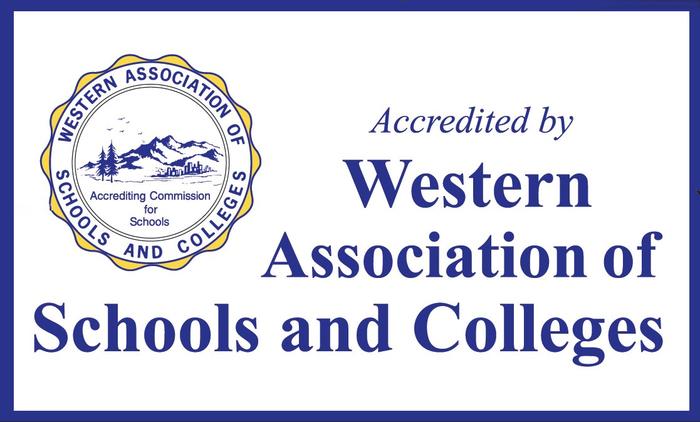Accreditation

WASC OVERVIEW
The Accrediting Commission for Schools, Western Association of Schools and Colleges (ACS WASC), a world-renowned accrediting association and one of the six regional accrediting agencies in the United States, works closely with the Office of Overseas Schools under the U.S. Department of State. ACS WASC provides assistance to schools worldwide, primarily in California, Hawaii, Guam, Asia, the Pacific Region, the Middle East, Africa, and Europe. (Acswasc.org, 2018)
ACS WASC Philosophy
The philosophy of the Accrediting Commission for Schools centers upon three beliefs: (1) a school’s goal is successful student learning; (2) each school has a clear purpose and schoolwide student goals; and (3) a school engages in external and internal evaluations as part of continued school improvement to support student learning. (Acswasc.org, 2018)
Why Accreditation?
- Assures a school community that the school’s purposes are appropriate and being accomplished through a viable education program — a trustworthy institution for student learning
- Validates the integrity of the school’s program and transcripts
- Facilitates transfer of credits to other English-speaking schools — critical for college/university acceptance worldwide
- Fosters the ongoing improvement of the school’s programs and operations to support student learning
- Provides valuable insight from fellow educators visiting the school
- Benefits schools that choose joint accreditation or other collaborative processes, e.g., ACS WASC/CDE. (Acswasc.org, 2018)
Self-Study Process/Full Visit
- Involvement of all stakeholders in the self-study process.
- Clarification of the school’s purpose and the schoolwide learner outcomes.
- Assessment of the student program and its impact on student learning with respect to the ACS WASC criteria.
- Development of a schoolwide action plan that addresses identified areas for improvement.
- Visiting committee validation and enhancement based on accreditation criteria and standards, self-study, and findings from the visit.

